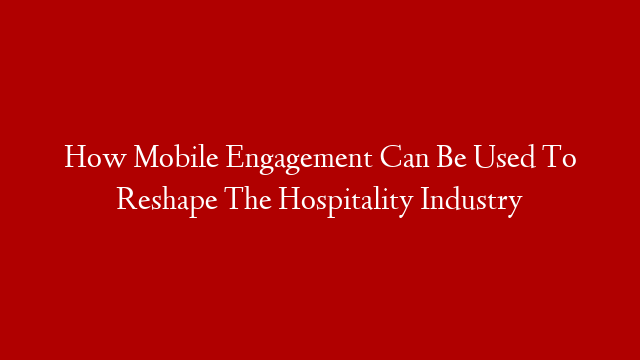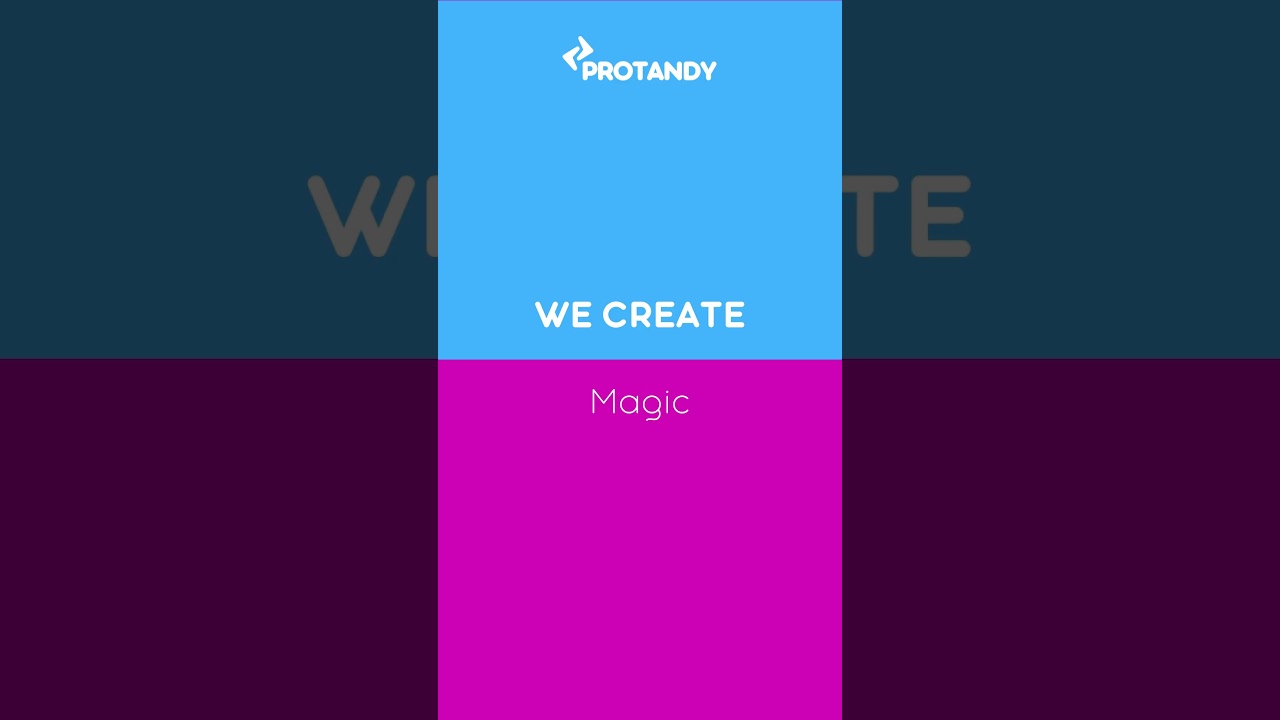Smartphones dominate our attention throughout the day. They have come to change the very nature of how we interact with the world around us, including the way we do businesses.
When it comes to the travel and hospitality space, mobiles have drastically reshaped their functioning, that too in the favor of the consumer. And, with expectations regarding mobile interactivity rising, consumers have become more demanding regarding the kinds of services they have at their fingertips.
Here are some statistics that will help you grasp the extent to which mobile has penetrated the industry:
- TripAdvisor is the travel industry’s most popular mobile app, with more than 230 million downloads and 150 million monthly active users.
- Mobile bookings in travel have grown by 1700% between 2011 and 2015, moving from 1 per cent to 18 per cent of online revenues.
- 40% of travel sales have come from mobile in 2017, which is posited to reach 50 per cent by 2021.
- 88 per cent of leisure travelers will switch to a different app or website if yours isn’t meeting their needs
- More than 50 per cent of travelers don’t have a set destination in mind when planning a trip – and 60% will search their next trip from a mobile device
- 1 in 3 boarding passes will be delivered via mobile by 2019
- 66 per cent users prefer restaurants with a reward scheme, and 78% will use a mobile app if offered discounts.
The bottom line is, mobile is here to stay. In fact, it will only occupy more importance in the consumer’s daily life, so fine tuning your hospitality venture to make to most of mobile is imperative.
The hospitality industry invests heavily in online marketing (about $6 billion in 2016, to give you an idea) and uses it to engage customers and drive conversions. However, online engagement using only paid advertising is fast losing its appeal.
More and more companies are re-looking their strategy and trying to incorporate the mobile experience at each stage of the travel experience – right from research to sharing feedback about the journey and their stay in a hotel.
The Role of Mobiles in the Research Phase
Earlier, your travel research didn’t necessarily involve surfing the net. You’d call a travel agent after a brief search online, and trust him to get you a discount on the whole ‘package’.
Travelers these days pride themselves on their ‘researching skills’ and their ability to curate a great experience while also bagging the best deals for themselves. And a lot of their research takes them to social networking sites, like Facebook, Pinterest, and Instagram and user review platforms like TripAdvisor and Lonely Planet.
This means that you have to incentivize your existing customers to share their journey online. Check-ins, reviews, sharing photos, using customized hashtags, and writing blogs are popular strategies to invite contributions.
But don’t just leave it all up to the guests. Hotels should also actively participate in creating and distributing high quality content. Focus on value-driven stuff that gets your potential consumers to think, “These guys seem to know what they’re talking about when it comes to travel, so I’ll check them out!” And don’t forget to optimize the content for reading on smartphones, because looking up on PCs is so old-fashioned. Also, partner with experts, specialists, and influencers to enrich your content and give it credibility.
Now that you’re creating valuable content, ensure that it’s discoverable on Google. Have a robust SEO strategy so that you feature in top search results. Also, get a Google Business Listing for your hotel, and make maintain NAP (Name, Address, and Phone number) consistency across platforms like Yelp, Yahoo, Foursquare, and TripAdvisor.
A virtual concierge is even better. Guests can access this service on their mobile, allowing them to see the amenities of your hotel, check out local attractions, or even look at upgrade opportunities. You should use the power of video to your advantage to give them online tours as well.
From the Booking to Arrival
There is always a time-gap between the time guests make reservation to the time they arrive at your hotel. This period is rarely utilized by businesses, but with some thought, you can reach out to your guest and offer value added services.
Communicate with your guests on their mobiles, but in a way that isn’t considered spamming. Give them useful information about the locality, introduce them to sightseeing options, and inform them of events happening around the hotel. And should they like something, let them reserve seats using their smartphones.
You can even eliminate the check-in line and other procedures with the help of a mobile app. Guests can choose their rooms, opt for add-ons and have a hassle-free check in to give them greater control over their stay. Not only will this free up your staff for other aspects of the business, you will also earn brownie points for being proactive.
The Hotel Lobby & The Stay
People would ignore your lobby because there isn’t anything there to capture their interest, apart from droll seating arrangements and eerie silence. You can change that, and use this space to actually interact with guests, using mobiles.
SoftBank’s humanoid robot Pepper is one of those innovations that really caught my eye. This robot makes a great way of channeling customers to use the gamut of mobile services that you might have in place, while also paving the way for affiliate services and programs.
Pepper can be programmed to chat with customers, answer questions and give directions – its functionality is like Amazon’s Alexa. With Pepper, however, there’s a robot in front of customers that can dance, look around, play music, light up, blush and even take a cool selfie with passersby.
Pepper can even capture email addresses and phone numbers, and can be programmed to send customers messages with links to your mobile app, loyalty programs and other things pre-and-post their stay at the hotel. With Pepper, you can capture the data you need to create a truly personalized experience for your guests, which is the reason for most hotels now looking at mobile favorably.
Finally, your App
Maybe you were wondering when we would get to this, since we’ve covered pretty much everything else. We won’t try and convince you why you need an app, but know that having a mobile site isn’t enough. Apps themselves take your customer engagement to the next level, and given the competition in the industry, you should leverage your mobile advantage as much as possible.
An ideal app should have the following characteristics:
- Ergonomic Design, intuitive User Interface
- Careful selection of essential features
- Brand consistency
- Cross-platform compatibility (iOS, Android etc.)
- Convenient booking options
- News – Local and industry related
- Analytics at the back end
- Image gallery / virtual tour
- Floor plan
- Loyalty program integration
- Event Calendar
- Flight information, weather updates, dynamism
- Social network sharing prompt
As technology becomes increasingly personalized and mobile, your engagement in the realm of hospitality should not fall behind. While these suggestions are extensive, consider implementing a few (if not all) of them to see the kind of boost you receive in your engagement – personal experience is the best teacher.
All things said and done, mobile engagement truly lets you interact with your guests in a personalized and more proactive manner, which does wonders for your brand image. In addition, it also lets you rise above the competitive clutter, which sounds like a win-win to me!



